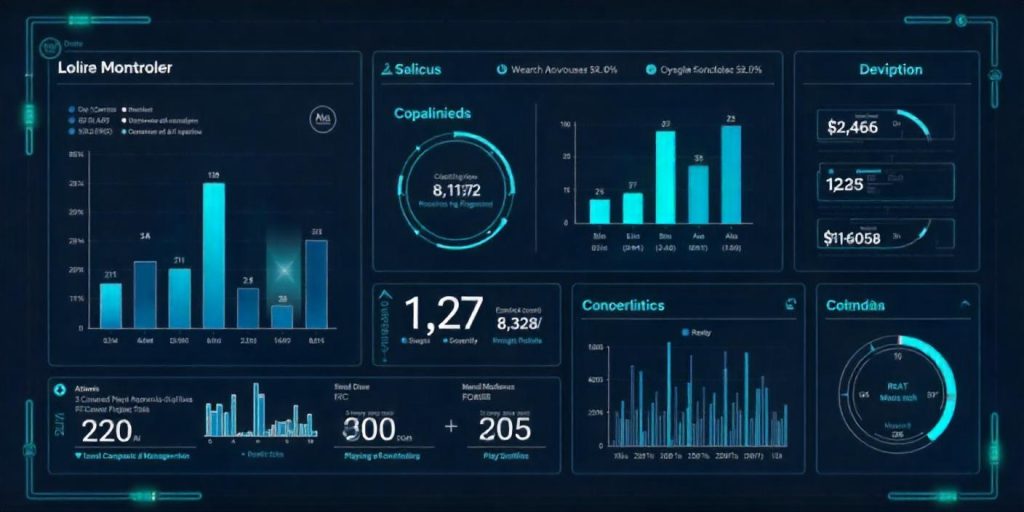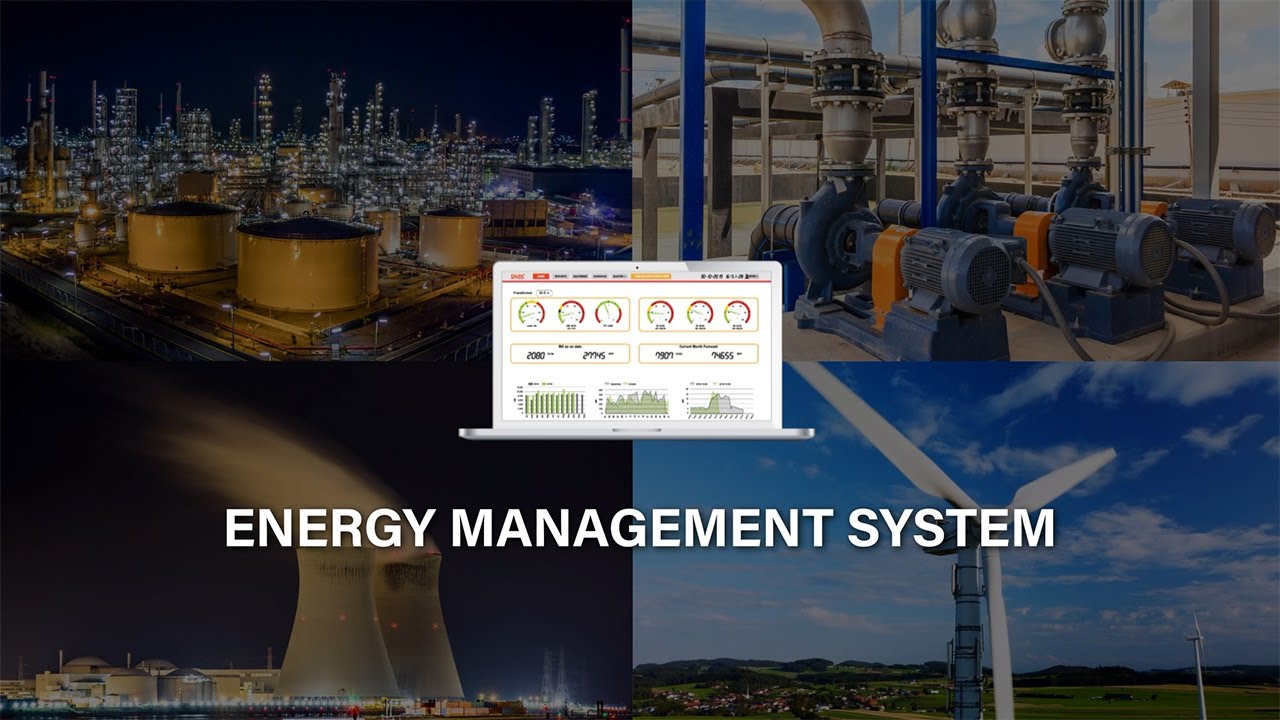The IoT Management System has become an essential backbone for businesses and individuals leveraging IoT (Internet of Things) technology in 2024. As IoT ecosystems grow in complexity and scale, effective management systems are crucial to handle devices, data, and networks seamlessly. This blog dives deep into IoT management systems, their components, benefits, and trends shaping the future of IoT management.
Understanding IoT Management System
An IoT management system refers to the set of software, tools, and protocols that enable monitoring, controlling, and maintaining IoT devices and networks. In 2024, with billions of devices interconnected globally, the need for robust and scalable management systems has never been more critical.
Core Functions of an IoT Management System
- Device Onboarding and Configuration:
Efficient onboarding ensures devices connect seamlessly to the IoT network, with automated setup protocols minimizing manual effort. - Data Collection and Analysis:
Real-time data collection and processing allow businesses to make informed decisions. Advanced analytics provide predictive insights and trend analysis. - Remote Monitoring and Control:
IoT management systems enable remote monitoring of device health, performance, and operations, ensuring uninterrupted functionality. - Security Management:
Protecting IoT ecosystems from cyber threats is a top priority. Modern systems incorporate encryption, firewalls, and anomaly detection tools to safeguard networks. - Scalability:
IoT ecosystems grow rapidly, requiring management systems to handle scaling without compromising performance.
Components of an IoT Management System
| Component | Function |
|---|---|
| Device Management Platform | Enables registration, configuration, and monitoring of IoT devices. |
| Network Management Tools | Ensure seamless communication between devices and the cloud. |
| Data Analytics Module | Processes large datasets for actionable insights. |
| Security Framework | Protects against vulnerabilities and ensures compliance. |
| Integration API | Facilitates integration with third-party applications and platforms. |
Benefits of IoT Management Systems in 2024
1. Enhanced Efficiency:
Streamlining device operations and automating workflows reduces operational downtime.
2. Improved Decision-Making:
Real-time data analysis empowers businesses with actionable insights, enabling better strategic decisions.
3. Cost Reduction:
By automating processes and identifying inefficiencies, IoT management systems save costs on maintenance and energy usage.
4. Advanced Security:
With threats evolving, modern management systems implement multi-layered security measures, ensuring data integrity and device safety.
5. Environmental Sustainability:
IoT management enables better resource optimization, contributing to greener and more sustainable operations.
Applications of IoT Management Systems
- Smart Cities:
IoT management systems power smart city initiatives by monitoring traffic, utilities, and public safety systems. - Healthcare:
Remote patient monitoring and medical device management benefit immensely from efficient IoT systems. - Industrial Automation:
Real-time monitoring and predictive maintenance in industries are streamlined with IoT management. - Agriculture:
Smart farming uses IoT management systems to optimize irrigation, monitor soil health, and enhance crop yield. - Retail:
Inventory management, smart shelves, and personalized customer experiences leverage IoT systems for operational excellence.
IoT Management System Trends in 2024
1. Integration with AI and ML:
IoT management systems are increasingly adopting AI and machine learning to automate decision-making and enhance analytics.
2. Edge Computing:
Processing data closer to IoT devices reduces latency and bandwidth requirements, making systems faster and more reliable.
3. Blockchain for Security:
Blockchain technology provides a decentralized and secure way to manage IoT networks, preventing unauthorized access.
4. 5G Connectivity:
The rollout of 5G in 2024 ensures faster and more stable connections, enabling IoT systems to perform better.
5. Sustainability Focus:
Eco-friendly IoT management systems are on the rise, with features aimed at reducing energy consumption and waste.
Challenges in IoT Management Systems
While IoT management systems are transformative, they come with their challenges:
- Interoperability Issues:
Ensuring devices from different manufacturers work seamlessly together is still a hurdle. - Data Privacy Concerns:
With large volumes of data exchanged, maintaining user privacy is critical. - High Initial Costs:
Implementing robust IoT management systems involves significant investment. - Rapid Technology Evolution:
Keeping systems updated with the latest advancements requires constant effort.
Aknitech Automation and IoT Management Systems
At Aknitech Automation, we specialize in providing cutting-edge IoT management solutions tailored to your needs. Our expertise ensures seamless integration, robust security, and exceptional performance for your IoT ecosystems. From smart factories to industrial automation, Aknitech Automation is your trusted partner in harnessing the power of IoT in 2024.
Future of IoT Management Systems
The future of IoT management systems is exciting, with advancements in AI, 5G, and edge computing driving innovation. As businesses and cities continue adopting IoT, the demand for reliable management systems will grow exponentially.
Conclusion
An IoT management system is the cornerstone of a successful IoT implementation, providing the tools and frameworks to monitor, control, and secure devices and networks. As 2024 unfolds, adopting advanced IoT management practices will be essential for businesses to stay competitive, efficient, and innovative.
Whether you’re running a smart home or a large industrial facility, an effective IoT management system is your key to unlocking the full potential of connected devices. Trust Aknitech Automation to guide you through this transformative journey!







